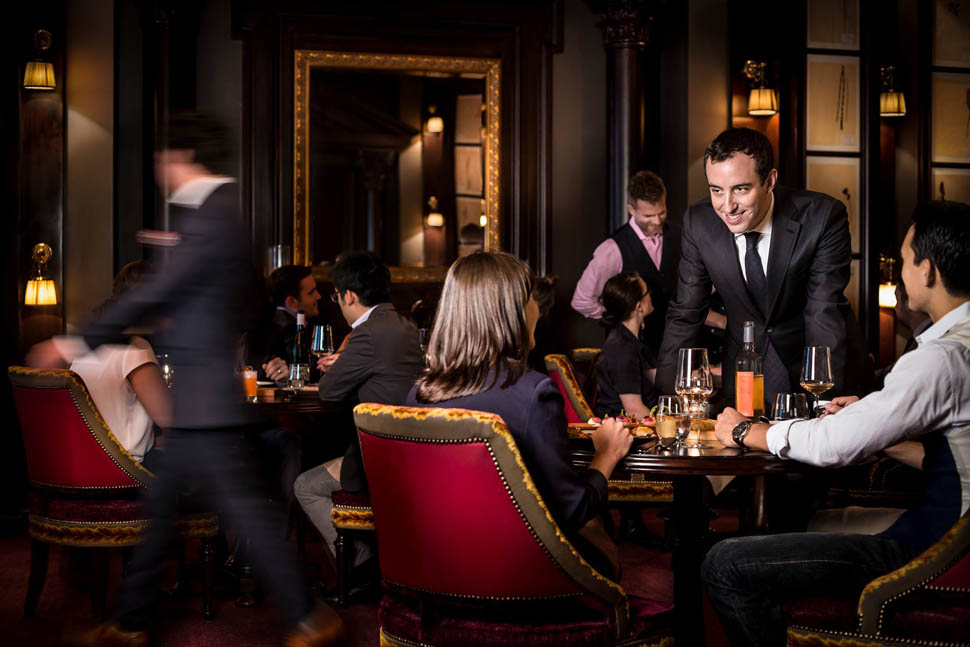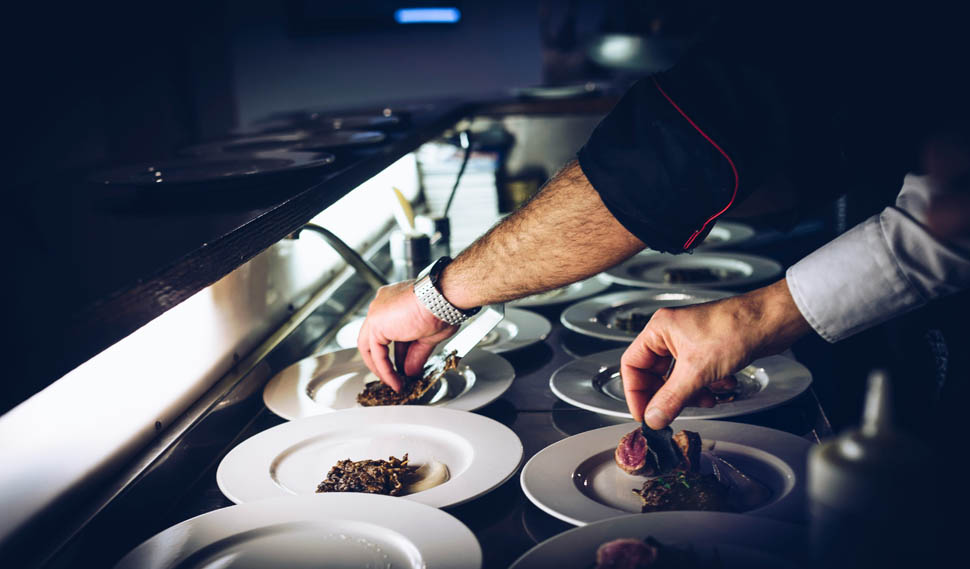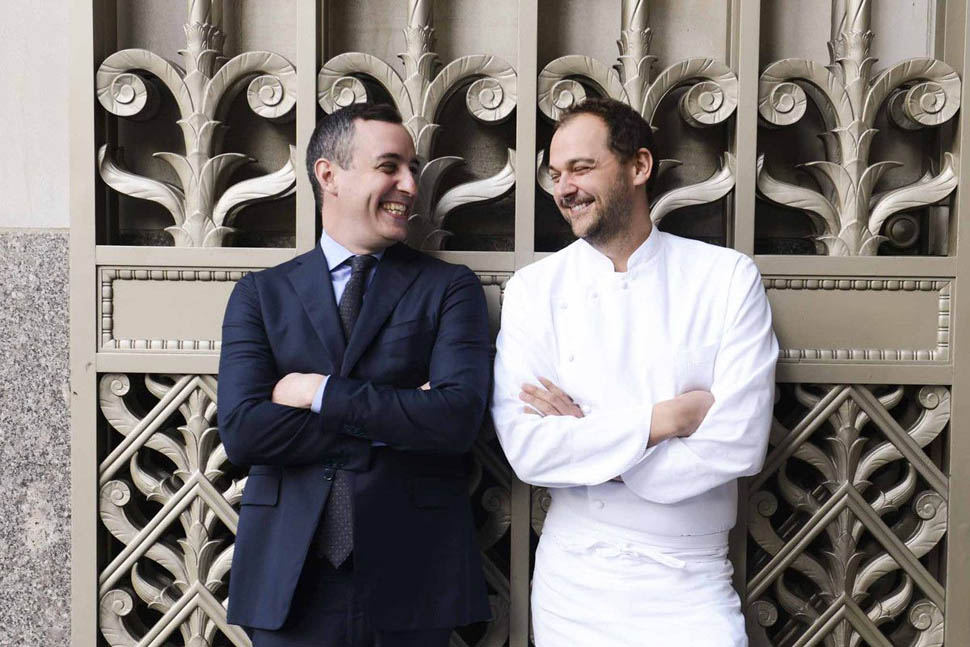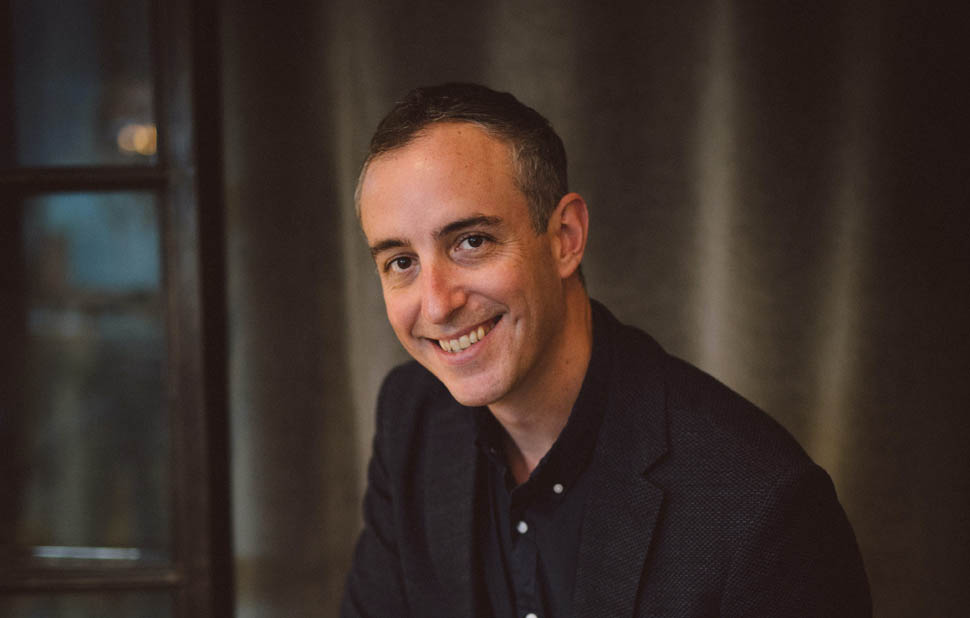The secret to Eleven Madison Park's success? An "unreasonable hospitality," aimed at constantly exceeding guests' expectations, even taking some risks. Today, Will Guidara teaches its principles as a consultant to all those aiming to make the customer happy, in fields far beyond food.
Cover photo: @Nathan Rawlinson
The opinion
Mastermind, alongside Daniel Humm, of the marvel known as Eleven Madison Park, nominated the world's best restaurant in 2017, Will Guidara served as its director from the age of 26 for over a decade. Now working as a consultant, spreading his know-how beyond gastronomy, he explains the secret of success in a book titled "Unreasonable Hospitality": it's about constantly surpassing guests' expectations in an apparently "senseless" manner.

Today, it's a service model emulated worldwide, at least in certain respects that didn't exist before. Though in some regards remain hard to replicate: for instance, when Guidara heard some guests complaining about leaving without trying the classic American hotdog, he went out onto the street with two dollars in hand, causing great surprise, as narrated in an episode of the television series The Bear.

Following that insight, the restaurant even invented the position of "dreamweaver," although some guests preferred to mind their own business. "My mentor Danny Meyer always argued that every person carries a sign, stating what they want or don't want. Those who can read it can react in the most appropriate way. The power of presence lies not only in interpreting what can be done to provide someone with a personal experience, but also in understanding if they are the type of person who desires it," he tells Rolling Pin. Of course, mistakes can happen, but it's better to make a thousand people happy and occasionally disappoint one, rather than not trying anything.

"Your perception is our reality," was the restaurant's mantra. Even in the case of difficult customers, who can pose a challenge for the passionate waiter, unless there are abuses against them. This doesn't mean that for Guidara the dining room is more important than the kitchen, but that both areas must be carefully curated with obsessive attention. To this end, the profession must often be brought into the spotlight, to motivate professionals towards excellence.

And then the industry crisis. "I believe that at this moment we are in a difficult situation because, with the pandemic, much of the experienced staff has moved away. Now, in my opinion, we are in the rebuilding phase. I know from many friends who still run restaurants about the difficulties in finding skilled labor. So much so that they often have to train employees on the basics, whereas before everything was faster. But ultimately, it's just about investing in work, establishing the right team, and giving them the tools to excel. We need to start training again. Hospitality is a form of craftsmanship, just like cooking. A muscle that can be strengthened, a knowledge to be exercised. Today, many chefs have realized that if they don't strengthen the service and embrace the power of hospitality, they can't go far. It's not just about what's on the plate, but everything that revolves around it."











